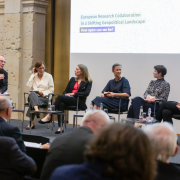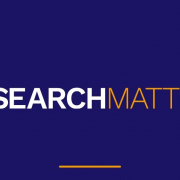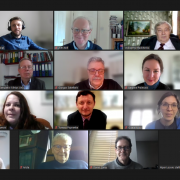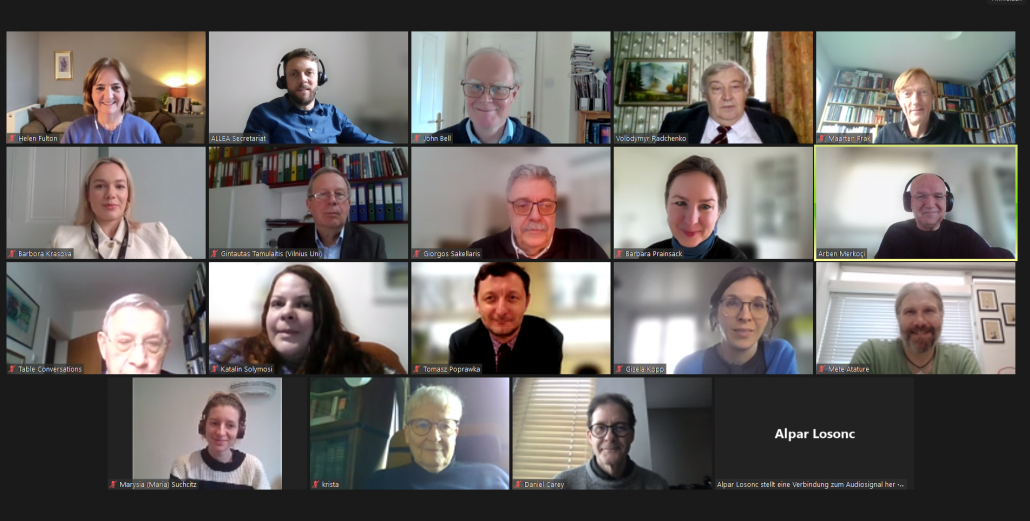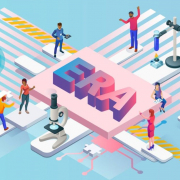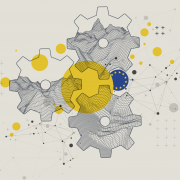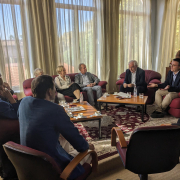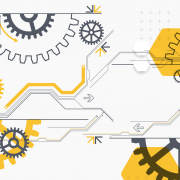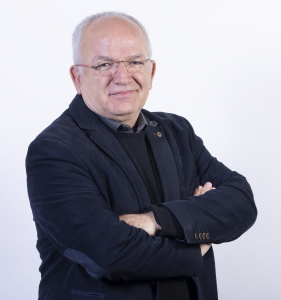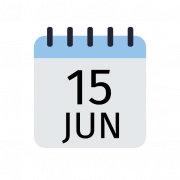In alignment with the recent ALLEA statement on the guiding principles for Framework Programme 10, which advocates for increased investment in Research and Innovation in the upcoming 10th European Union Framework Programme for Research and Innovation, ALLEA is proud to join the #ResearchMatters campaign.
Both ALLEA’s statement and the #ResearchMatters campaign call for a substantial boost in research and innovation funding, urging European leaders to allocate over 3% of GDP to R&I and to double the FP10 budget to 200 billion EUR. These measures are crucial for addressing Europe’s pressing environmental, societal, and technological challenges and for ensuring its competitiveness and future prosperity. We encourage you to read and share the open letter widely within your network.
Open letter (read the PDF here)
A call to strengthen research and innovation in Europe
In a world of major environmental, societal, and geopolitical crises, it is imperative that Europe invests in its future. Investing in our knowledge capital is the foundation for Europe’s competitiveness, wellbeing, and peace.
We need urgent solutions to address the complex challenges facing our societies: Climate change, AI, cybersecurity, environmental and energy crises, threats to democracy and security, pandemics, among others. Developing and enhancing excellent research and innovation with a long-term, multidisciplinary, and cross- sectoral perspective is key to our future.
In recent years, North America and Asia have massively ramped up their investments, leaving Europe behind. To remain competitive and advance the economic, ecological, and societal transitions, European countries and the EU must boost their research and innovation funding.
With the ResearchMatters campaign, leading research, and innovation (R&I) organisations urge Finance Ministers of European countries, and the European Council, Commission and Parliament, to act boldly and:
- Push funding for research and innovation in Europe through the achievement of over 3% of the GDP within the European Union and all European countries.
- Double the budget for the EU’s next research & innovation programme (FP10) to reach 200 billion
- Protect the latter by ringfencing the budget.
Together, these measures are critical to provide Europe with strategies to cope with current and future geopolitical and societal challenges. By increasing investments in knowledge creation, research, and research- driven innovation, we are investing in the very future of Europe and its people. In this campaign, we urge the European institutions and all European countries, national and regional policymakers, the whole research and innovation community, society, and the media, to join our quest.
The time to act is now! Let’s get our act together and build a bright future for Europe. Read about the campaign and stories on the benefits of R&I on: research-matters.eu.
Sincerely,
Signing organisations:
International organisations
Academia Europaea
ALLEA (All European Academies)
CESAER (Conference of European Schools for Advanced Engineering Education and Research)
Coimbra Group Universities
EARMA (European Association of Research Managers and Administrators)
ECIU (European Consortium of Innovative Universities)
EERA (European Energy Research Alliance
EOSC Association
EASSH (European Alliance for Social Sciences and Humanities)
EUA (European University Association)
EU-LIFE (Alliance of independent European research institutes in the life science)
Eurodoc
EUPRIO (European Association of Communication Professionals in Higher Education)
EuroTech Universities Alliance
LERU (League of European Research Universities)
Science Europe
UAS4EUROPE
The Guild of European Research-Intensive Universities
ISE (Initiative for Science in Europe)
UnILiON (Universities Informal Liasion Offices Network)
YERUN (Young European Research Universities Network)
Young Academy of Europe
National organisations
ARCES
Universities
Hanken School of Economics, Sweden
Eindhoven University of Technology
Politecnico di Torino, Italy
Vrije Universiteit Brussels
If you’re interested in signing this initiative, please send an e-mail at info@research-matters.eu.

